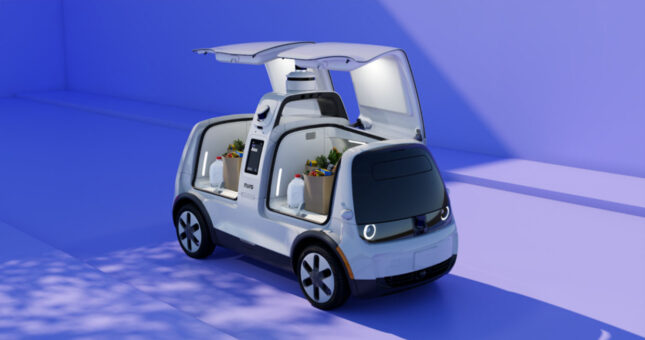https://www.wired.com/story/rent-robot-worker-less-paying-human/
Polar Manufacturing has been making metal hinges, locks, and brackets in south Chicago for more than 100 years. Some of the company’s metal presses—hulking great machines that loom over a worker—date from the 1950s. Last year, to meet rising demand amid a shortage of workers, Polar hired its first robot employee.
The robot arm performs a simple, repetitive job: lifting a piece of metal into a press, which then bends the metal into a new shape. And like a person, the robot worker gets paid for the hours it works.
Jose Figueroa, who manages Polar’s production line, says the robot, which is leased from a company called Formic, costs the equivalent of $8 per hour, compared with a minimum wage of $15 per hour for a human employee. Deploying the robot allowed a human worker to do different work, increasing output, Figueroa says.
“Smaller companies sometimes suffer because they can’t spend the capital to invest in new technology,” Figueroa says. “We’re just struggling to get by with the minimum wage increase.”
The fact that Polar didn’t need to pay $100,000 upfront to buy the robot, and then spend more money to get it programmed, was crucial. Figueroa says that he’d like to see 25 robots on the line within five years. He doesn’t envisage replacing any of the company’s 70 employees, but says Polar may not need to hire new workers.
Formic buys standard robot arms, and leases them along with its own software. They’re among a small but growing number of robots finding their way into workplaces on a pay-as-you-go basis.
The pandemic has led to shortages of workers across numerous industries, but many smaller firms are reluctant to write big checks for automation.
“Anything that can help reduce labor count or the need for labor is obviously a plus at this particular time,” says Steve Chmura, chief operating officer at Georgia Nut, a confectionery company in Skokie, Illinois, that has been struggling to find employees and also rents robots from Formic.
The robot-as-employee approach could help automation spread into smaller businesses more rapidly by changing the economics. Companies such as Formic see an opportunity to build large businesses by serving many small firms. Many are mining the data they collect to help refine their products and improve customers’ operations.
Shahan Farshchi, an investor in Formic, likens the state of robotics today to computing before personal computers took off, when only rich companies could afford to invest in massive computer systems that required considerable expertise to program and maintain. Personal computing was enabled by companies including Intel and Microsoft that made the technology cheap and easy to use. “We’re entering that same time now with robots,” Farshchi says.
Robots have been taking on new jobs in recent years as the technology becomes more capable as well as easier and cheaper to deploy. Some hospitals use robots to deliver supplies and some offices employ robotic security guards. The companies behind these robots often provide them on a rental basis.
Jeff Burnstein, president of the Association for Advancing Automation, an industry body, says rising demand for automation among smaller companies is driving interest in robotics as a service. The approach has seen particular traction among warehouse fulfillment firms, Burnstein says.
via Wired Top Stories https://ift.tt/2uc60ci
January 18, 2022 at 06:09AM

